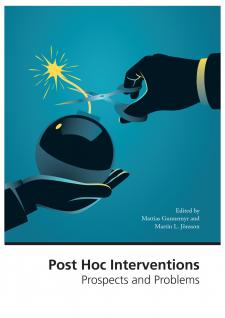Post Hoc Interventions: Prospects and Problems
Synopsis
Since prejudice harms so many, it is natural to think that it must be stopped at its source. That it must itself be removed, to stop its undesirable effects. Or, at the very least, that it must be contained, to thereby stop its manifestations. But what if we can’t? What if prejudice proves too entrenched and its manifestations too difficult to stop?
Then we must intervene where we can. We must look downstream from the manifestations of prejudice, yet upstream from its undesirable outcomes, for places where the stream can be rerouted. This is the key insight that motivates the pursuit of post hoc interventions.
This volume collects nine contributions to the emerging literature on this novel approach to prejudice mitigation, composed by the members of a research incubator which took place in 2022 at the Pufendorf Institute of Advanced Studies in Lund, Sweden. It adopts a range of different perspectives, and draws on expertise in epistemology, ethics, law, psychology, statistics and computer science, as it explores various aspects of post hoc interventions.
Chapters
-
Preface
-
A Brief Introduction to Post Hoc Interventions
-
Challenges to Reducing Social BiasPredictions for a New Post Hoc Intervention
-
Some Reflections on the Practical Applicability of GIIU
-
Post Hoc Interventions in Criminal SentencingAn Empirical Thought Experiment
-
Post Hoc Interventions and Swedish Discrimination Law
-
Post Hoc Interventions and the General Data Protection Regulation
-
The Ethics of Post Hoc interventionsThree Potential Problems
-
Post hoc interventions and machine bias
-
Six Ways of Fairness

Downloads
Published
Categories
License

This work is licensed under a Creative Commons Attribution-NonCommercial 4.0 International License.




